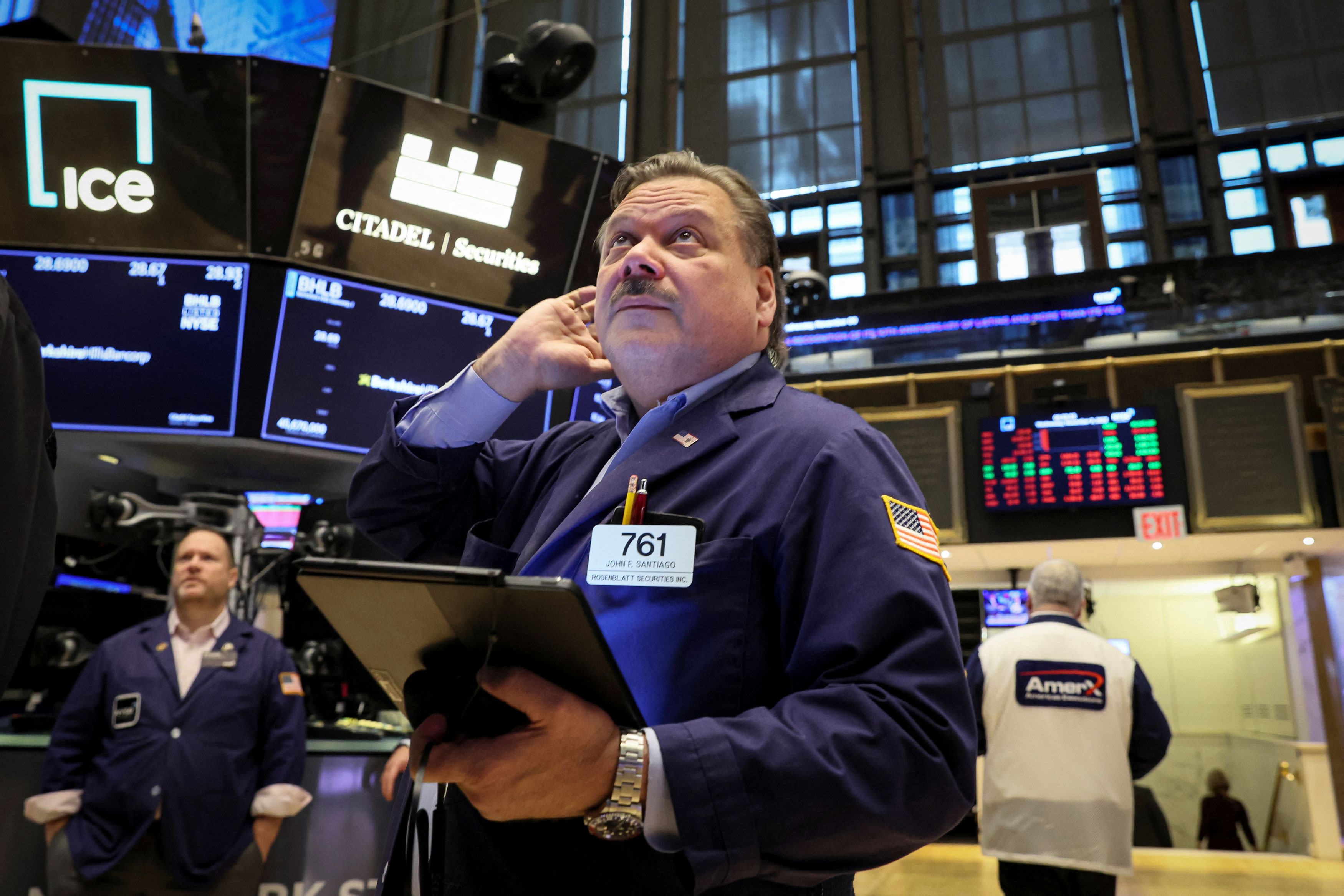It may take until December to know which political parties control both chambers of Congress after Tuesday’s midterm elections.
But that does not mean your personal investment strategy should also stay up in the air.
related investing news
As uncertainty on the outcome of some key races looms, the coming results may not prompt big market reactions, according to Dan Egan, vice president of behavioral finance and investing at Betterment.
“We still effectively have kind of a balanced government, which is actually something markets usually like,” Egan said.
More from Personal Finance:
Voters OK higher minimum wage in Nebraska and D.C.
How to avoid Medicare scams during open enrollment
GOP complains of ‘suspicious timing’ of IRS letters
In a note on the midterms published this week, UBS also signaled the results may be positive for the markets.
“Regardless of the final outcome, we are looking at a divided government, which increases the chance of gridlock and limits legislative action,” wrote Solita Marcelli, Chief Investment Officer Americas at UBS Global Wealth Management.
“This is typically good for markets as it reduces policy and regulatory risk,” she said.
Watch out for political biases in investing
Investors who try to read the tea leaves as to what one party or another’s control could mean for future returns on stocks may be in for disappointment.
Portfolios of 60% stocks and 40% bonds tend to perform the same regardless of which party holds office, research from Vanguard has found.
Yet many investors tend to suffer from biases that the other team or party winning is bad, according to Egan.
“The more partisan an individual is, the more likely they are to say if you’re a Democrat or a Republican, ‘Well, the stock market is going to do bad because the economy is going to do bad,'” Egan said.
That may lead those same investors to reduce the amount of risk they are taking on, regardless of whether there’s a real reason to do that, he said.
Keep in mind how little control any given set of politicians has over the stock market or the economy in general.Dan Eganvice president of behavioral finance and investing at Betterment
To combat those reactions, it can help to compartmentalize.
“Keep in mind how little control any given set of politicians has over the stock market or the economy in general,” Egan said.
What’s more, if you take investment risk off the table in response to the results, you could miss out on the market’s upside.
The S&P 500 Index tends to beat the overall market in 12 months following a midterm election, with an average return of 16.3%, according to a U.S. Bank analysis.
Looking ahead to the 2024 election
The midterm polls — which decide the Senate, House and ballot initiatives — may be good preparation for the presidential election.
“It’s the junior varsity game before the varsity game, at least in terms of thinking about how you felt and feel during the election cycle, especially with regard to investment decisions,” Egan said.
Investors may want to get started thinking now about key themes that could be affected by an election that may affect their personal finances, such as proposals to reduce state and local tax deductions, for example.
“Don’t think about politicians; think about policies,” Egan said.
What’s more, it helps to plan in advance what moves you will make based on hypothetical outcomes.
Three weeks to one month before the next election, imagine the scenarios that could happen on election day and how you would change your portfolio.
Then, set a reminder to go over those plans again in the week before ballots are cast.
The result is you will have a plan you can execute that you came up with when you were calm, Egan said.
Once votes start coming in, it also helps to keep some distance, so you do not get caught up in the moment.
“You are probably better off in terms of your returns and your stress level if you try and tune out and do something else other than pay attention on those days,” Egan said.


